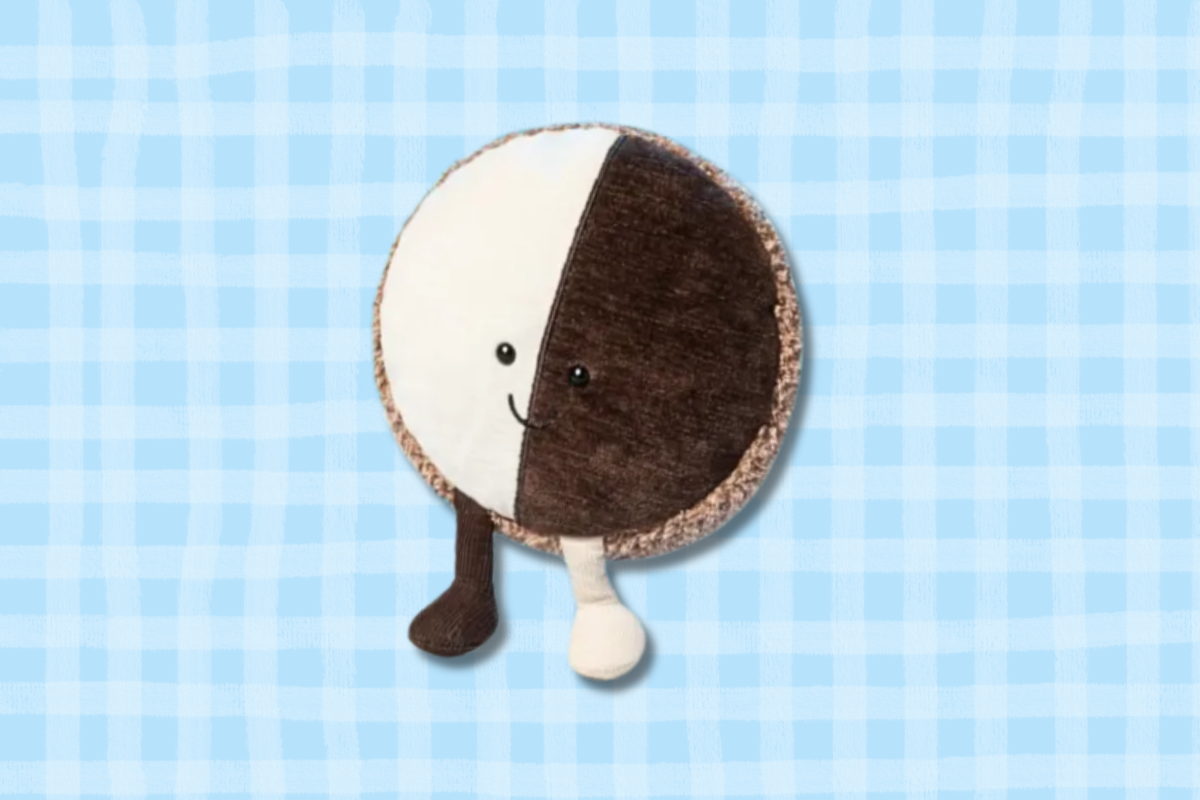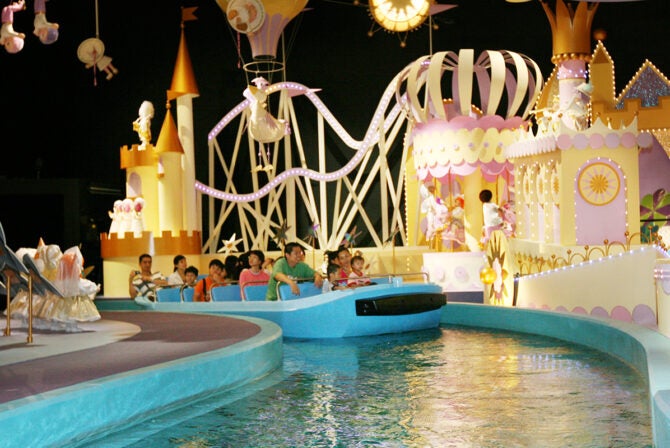For $40, you can own Jellycat’s new Amuseables Nibblechip Cookie, the softest, plushest, black and white cookie your little heart could ever desire.
The origin of the black and white cookie is murky; though most people agree the cookie was brought to New York by European immigrants in the early 1900s, it’s unclear whether they were Jewish immigrants. What is clear is that New York Jewish bakeries became the epicenter of the black and white cookie’s popularity — and to this day, they’re inarguably a Jewish food.
Which makes Jellycat’s ode to the black and white cookie, in our opinion, one very Jewish plushie.
So let’s say you’re interested in getting a $40 black and white cookie Jellycat. First, you’ll need to be in New York City. But even if you are in New York City, you’ll need to have reserved a spot at the Jellycat Diner at the Rockefeller Center FAO Schwartz which, as of this writing, is booked out one month in advance. And once you’ve reserved your spot at the diner and arrived at your scheduled time, you’ll need to buy a different diner-themed Jellycat for $70. And even if you’ve made it to the diner and purchased your $70 Jellycat of choice, you’ll just have to cross your fingers that the exclusive Nibblechip Cookie will still be in stock that day. (You’ll also need to understand that the Jellycat Diner does not serve actual food; instead they pretend to cook the plush diner food you order while there.)
Is it worth $110 and a Herculean effort to procure this limited edition toy? For some people, sure. Jellycat plushies — which I used to know as the very soft toy you might buy for a newborn baby whose parents you like enough to spend 20 to 40 dollars on — have exploded in popularity, probably due to a combination of the need for comfort during the COVID-19 pandemic, the need for validation on TikTok and Gen Z’s love of collecting things. I’m not a numbers person, but business articles are telling me that while stuffed animal sales in general are booming, Jellycat sales are growing especially quickly and TikTok is full of content creators showing off Jellycat purchases, enthusing about new Jellycat releases and adding Jellycats to their holiday wishlists.
It’s easy to dismiss this as frivolous and make some kind of dig at a younger generation, but need I remind you what was happening in 1999, the year Jellycat was founded? Well, for one thing, my best friend and I were fighting over a black labrador Beanie Baby named Luke, the name of our shared crush. And we were not alone. People were losing their fortunes, turning to lives of crime and getting trampled all in the name of a different — not as cute, in my opinion — stuffed toy.
Aside from the inherent Jewish-ness of a NYC Jellycat diner, is there anything Jewish about Jellycats? No, not really. But is our special talent finding the Jewish in, well, anything? Yes, yes it is. Below, our picks for the eight most Jewish Jellycats. You’re welcome.
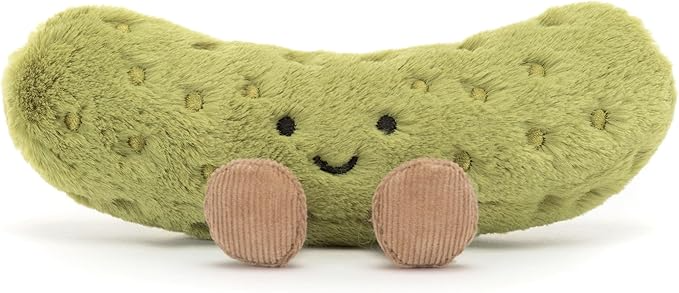
What’s more Jewish, a pickle, a black and white cookie or debating which is more Jewish?

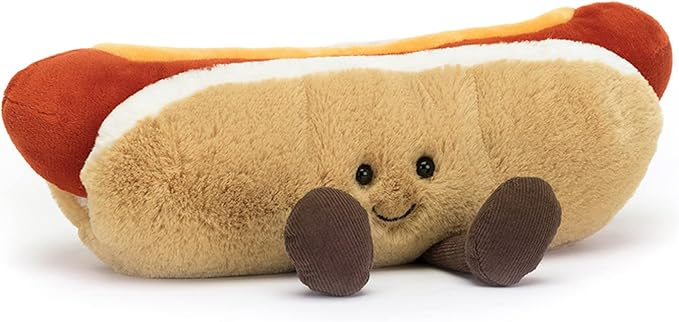
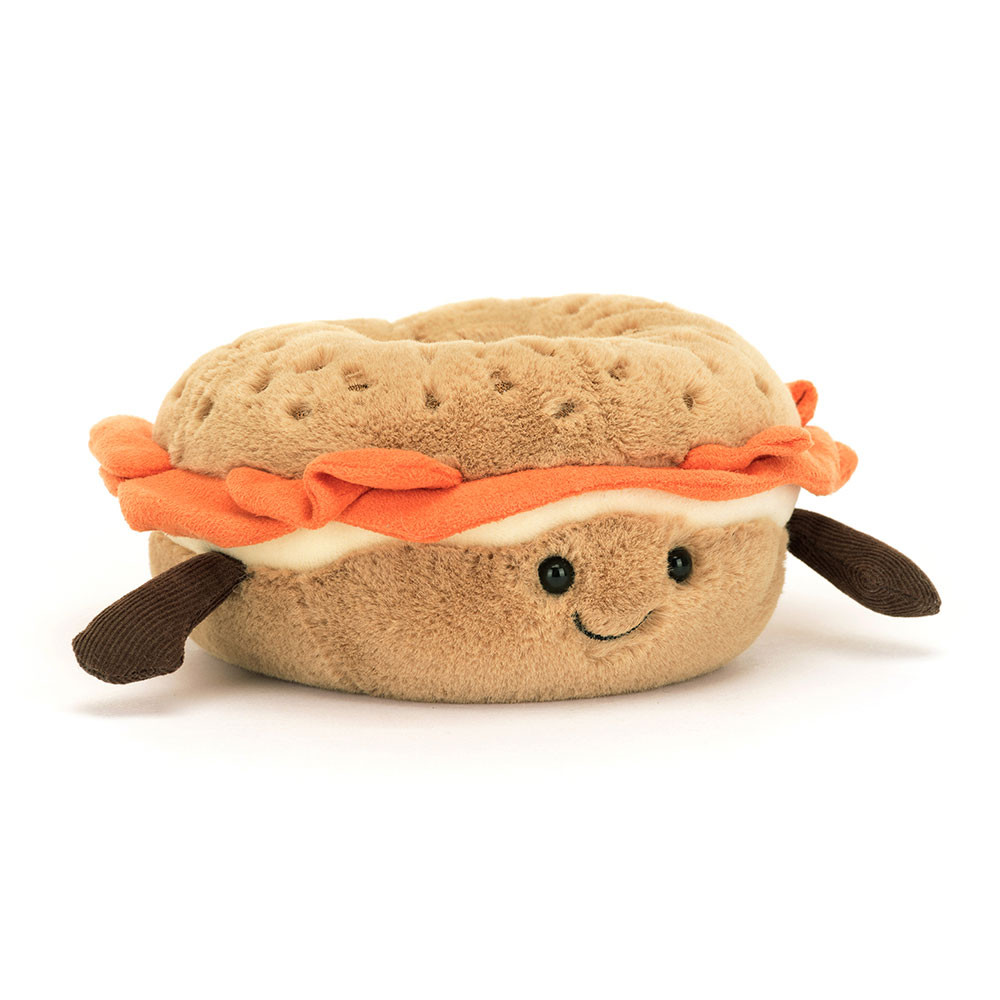
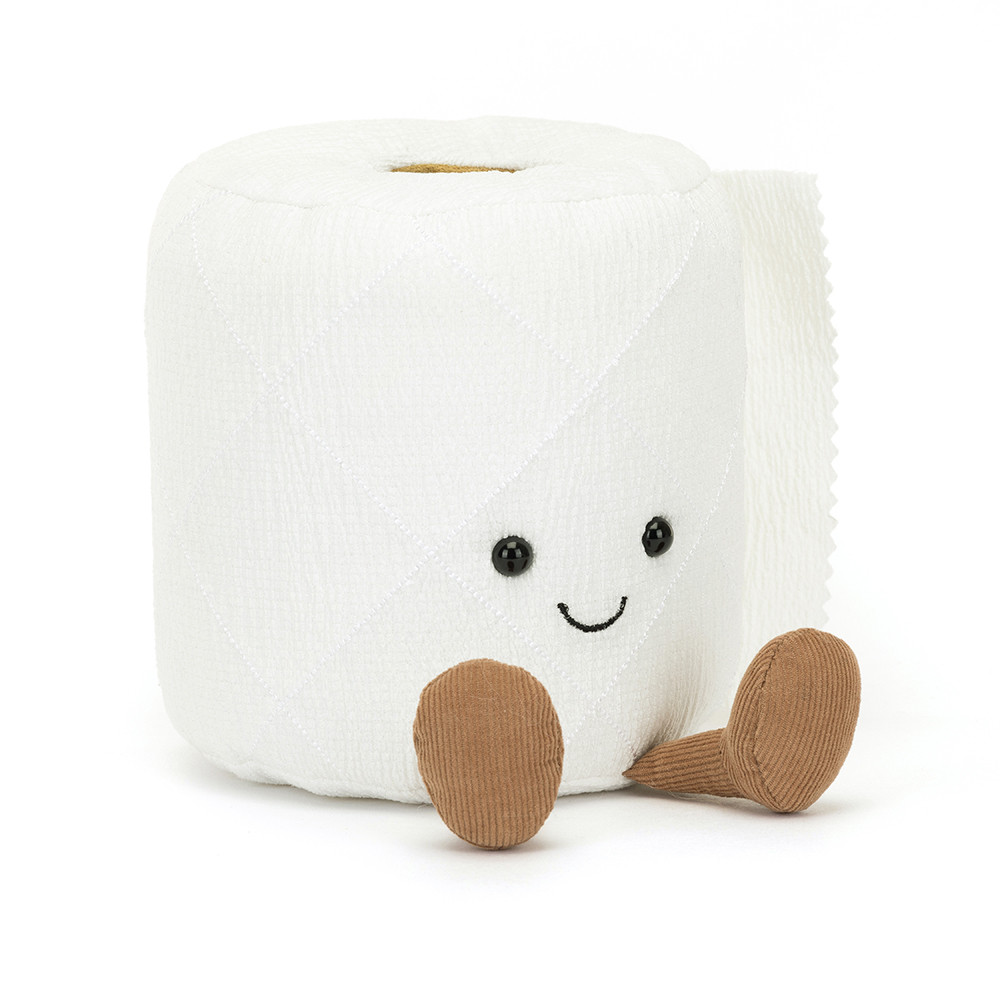

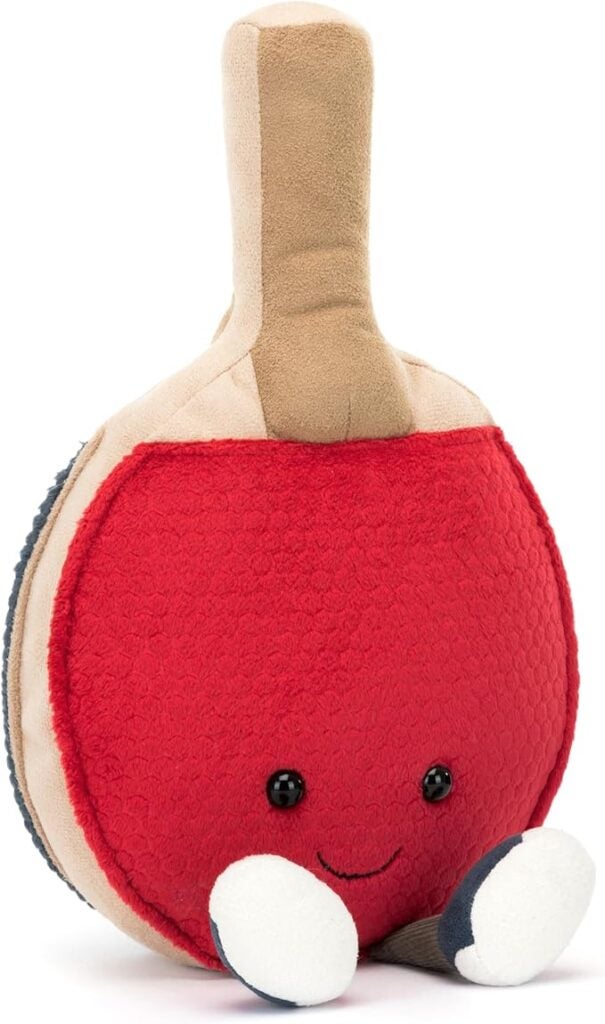
Have you heard about “Marty Supreme,” the Timothée Chalamet movie about a Jewish ping pong legend? For the entirety of that movie’s press cycle, this is a Jewish Jellycat.

